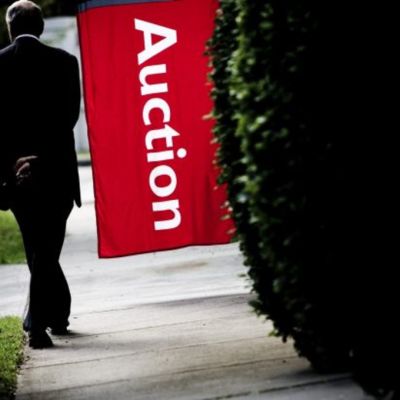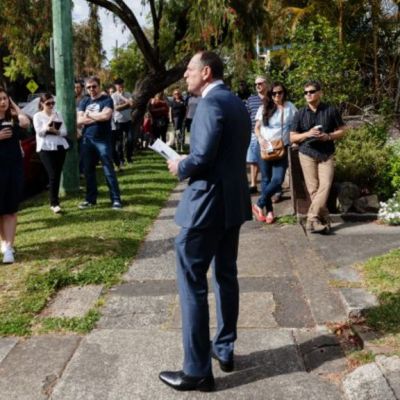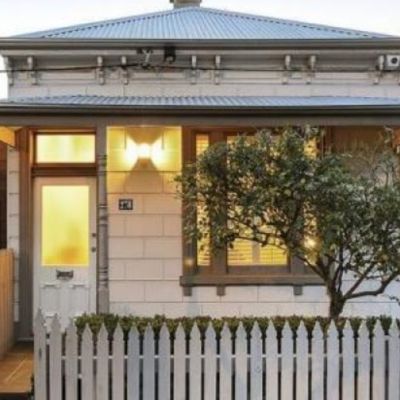Underquoting: it's time to focus on reserve prices, the real frustration for home buyers
In nine days, four real estate agencies in Victoria have come under scrutiny for underquoting: two have admitted the practice, another two face allegations that will be taken to court.
Is this evidence that the pervasive practice is more common or that there is more legal attention on stamping it out? That depends on who you speak to.
The Real Estate Institute of Victoria says 90 per cent of its more than 2200 members operate in areas where underquoting doesn’t exist. It has worked closely with the state government to shape new laws – they have passed parliament but there is no start date yet – that will force agents to be more transparent about price quotes. But what they don’t tackle is perhaps the source of the biggest frustration for house hunters: the reserve price.
A hot auction, with fierce, frenetic bidding, where the sale price far exceeds the reserve is not in itself an underquote, though the government claims some agents have used this excuse to underquote.
Vendors are able to decide on their reserve price on the morning of the auction, and that can be above the advertised price. (A vendor is able to keep their reserve private until the day of the auction: in this case, an agent can advertise a price based on an estimate decided when they sign up to represent the vendor.)
Many house hunters report to our reporters weekly that they have been the victim of underquoting. This often comes about because they’ve been trumped beyond their price range and there is a lack of understanding about what the laws are. This, of course, doesn’t mean the laws are right.
In Queensland, properties going up for auction cannot be advertised with a price guide. The government claims this is because agents or sellers “cannot know how high the bidding will go”. But this means house hunters are in the dark about any price indication — there’s nothing to stop someone looking for a new house unwittingly attending an auction that’s well out of their price range.
It would be a mistake to copy the Queensland rules, but buyers should not have to wait until the morning of an auction to find out a reserve. Imagine attending a clothes shop, seeing something advertised at full price for $99 and then trying to buy it two days later, only to discover it was now a $130 item, simply because the seller had decided so.
It’s understandable that vendors who see plenty of interest in their property can increase their reserve, but this should be disclosed well before time.
Even with new laws around price ranges, buyers will still have cause to feel ripped off until vendors are required to disclose the reserve before the auction — and not simply one hour before.
We recommend
We thought you might like
States
Capital Cities
Capital Cities - Rentals
Popular Areas
Allhomes
More










